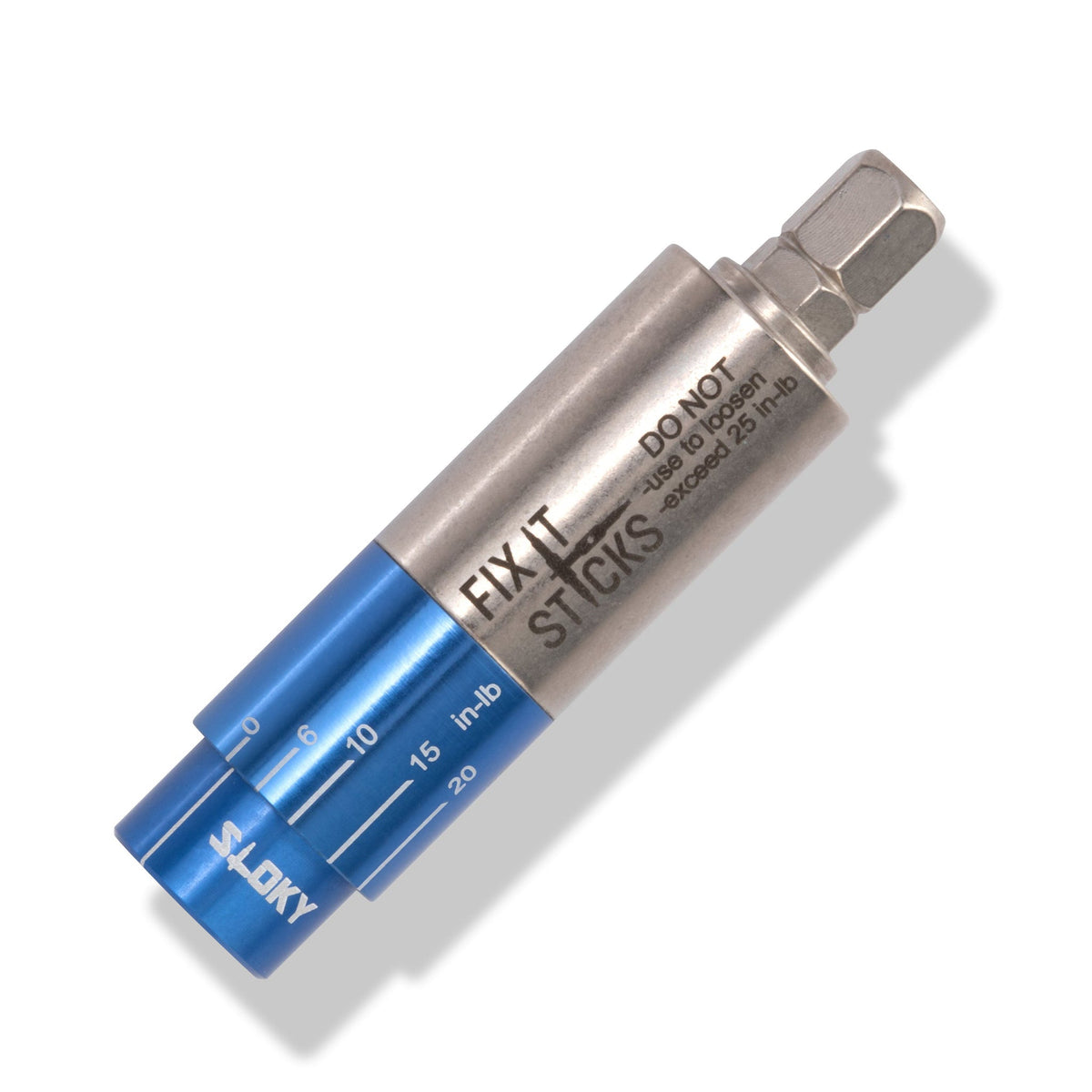I also am looking forward to your review, but

Torque Wrenches that have been in service are INDIVIDUAL instruments and results may not be indicative of all instruments of a particular brand.
Tolerances stated by a manufacturer are for new instruments and are a + and - tolerance and maybe stated as a percent of FULL SCALE.
Click style wrenches usually have a wide tolerance band.
An example use might be scope rings tightened to 15-18 in-lbs. That's roughly 16.5 +/- 10%.
Applied torque is a combination of technique, readability of setting, and wrench accuracy at the environment (temperature).
For small machine screws I use a 100 in-lb beam wrench.
Calibration of a torque screwdriver:
The Fix-It_Stick 6-25 in-lb driver is $55 (free shipping)
Fix It Sticks' Mini All-in-One Torque Driver will become your go-to for tightening scope rings and more to the torque value you need, from 6-25 in-lbs.

store.fixitsticks.com
As a retired Metrologist I check mine with dead weight (force equals mass corrected for local gravity) and a ruler (beam level at test torque with socket held in bench vise).
Can easily get better than 1% at calibration.

